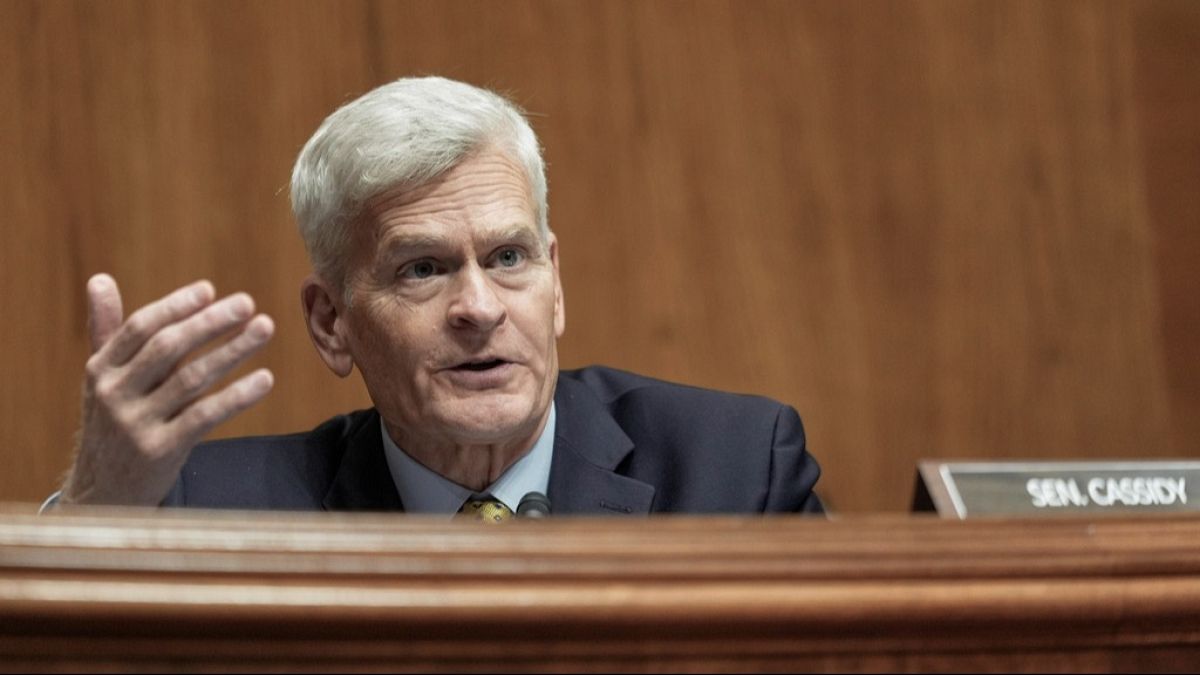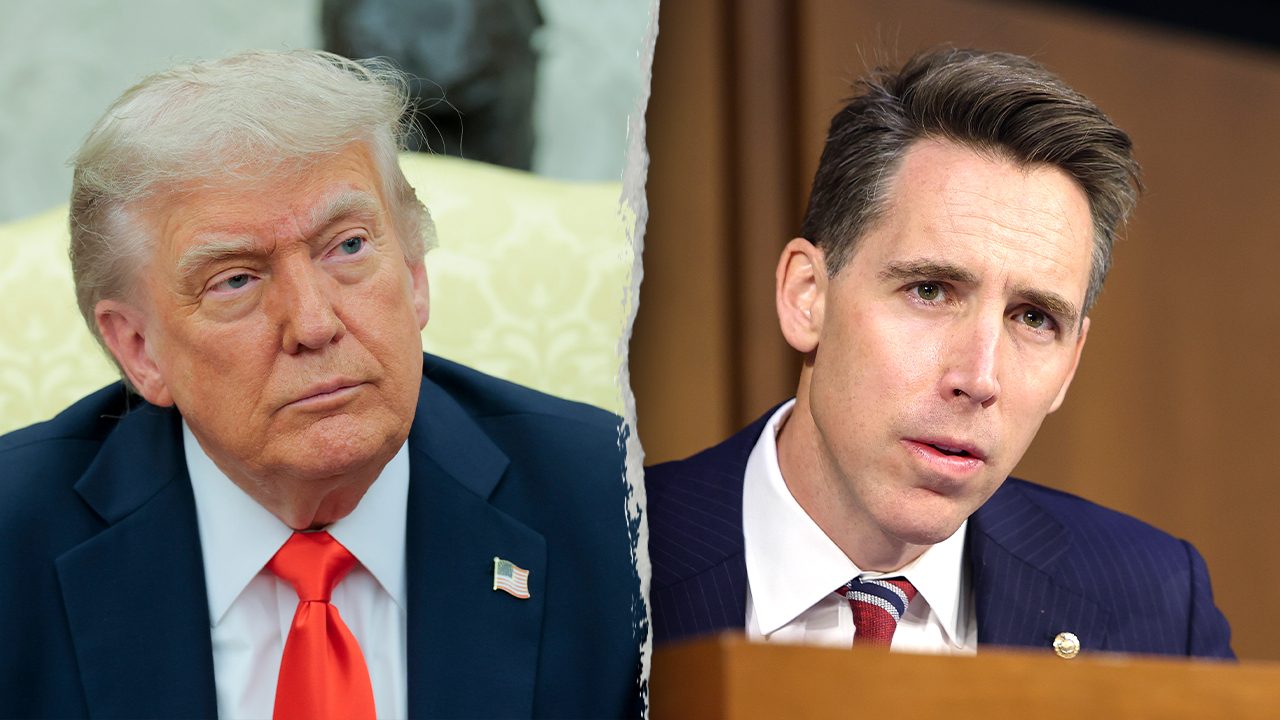Child Sexual Abuse: Increase in Maximum Penalties, End of Statute of Limitations

The European Parliament’s position on the revision of the relevant directive, so that “EU member states can more effectively combat child sexual abuse,” was approved by MEPs during the plenary session of the Body, which is taking place in Strasbourg.
Among other things, MEPs supported increasing maximum penalties for various sexual offenses, ending the statute of limitations for crimes to give victims more time to report, and a “new definition of consent for minors who have reached the age of sexual consent.”
The European Parliament’s position was approved with 599 votes in favor, 2 against, and 62 abstentions. Negotiations between the European Parliament and the Council (of the EU) regarding the final text of the new directive will begin on June 23. The revised directive is expected to harmonize the definitions and penalties applicable to these offenses in EU countries, while covering their commission both online and offline.
Additionally, the aim of this proposal adopted today by the EP is to adapt existing legislation to new technologies, such as artificial but realistic child sexual abuse videos (“deepfake”) produced with the help of artificial intelligence, as well as to ensure that abuse and grooming of minors can be prosecuted criminally, regardless of whether these offenses were committed online or in the real world, as stated in the relevant announcement from the European Parliament.
Tougher penalties and abolition of statute of limitations
The European Parliament proposes to increase maximum penalties for various sexual offenses, such as sexual acts with children who have reached the age of sexual consent but have not given their consent for these acts. The changes also concern other offenses, such as approaching children for the purpose of exploitation, possession or distribution of child sexual abuse material, and offering payment for the commission of related criminal offenses, as mentioned in the relevant announcement.
The European Parliament also calls for “the abolition of the statute of limitations for the crimes covered by the updated legislation, given that, according to statistics, most victims speak out long after the commission of the crime.” MEPs further request that victims be able to claim compensation without time limits.
Crimes committed with the help of new technologies
To adapt European legislation to technological developments, MEPs are calling for the explicit criminalization of the use of artificial intelligence systems “designed or primarily adapted” for the commission of child sexual abuse crimes. MEPs also approved provisions against the live streaming of child sexual abuse and the dissemination of related material online, as noted.
For more effective investigation of child sexual abuse incidents, MEPs are calling for law enforcement authorities to be able to conduct undercover investigations and monitor suspects without their knowledge.
A new definition of consent and an exception for peer interactions
MEPs are calling for a new definition of consent to be formulated, especially for minors who have surpassed the age of sexual consent. “Peer interactions based on consent should not be criminally prosecuted, except in cases where there is dependency or abuse of trust,” the announcement emphasizes.
“However, pretending to be a peer with another person to convince them to engage in sexual contact should constitute a criminal aggravating circumstance,” according to MEPs.
Support for victims
Support for children who have fallen victim to sexual abuse should be provided free of charge and include “medical and forensic examinations, assistance in establishing the crime, medical care that takes into account the gender dimension, and access to sexual and reproductive health services.” MEPs are calling for “support to be provided to child victims based on the Barnahus model, meaning that all the above services should be provided under one roof.”
Entities acting as third parties, such as civil society organizations, should also have the right to report crimes.
Jeroen Lenaers: “There can be no deadline for justice in cases of child sexual abuse”
“The legislation we voted on today is ambitious – however, when we talk about protecting children, we can never be ambitious enough,” emphasized the rapporteur, Dutch MEP Jeroen Lenaers, in a statement.
“We are now criminalizing child sexual abuse manuals, as well as material produced through artificial intelligence that resembles real material, which will now be treated the same way as the authentic. At the same time, it is crucial to abolish the statute of limitations for child sexual abuse crimes because, for such crimes, there can be no deadline for justice,” he added.
It is noted that at this time, EU institutions are also discussing a separate proposal for a regulation regarding online child sexual abuse material. The European Parliament approved its position on this specific proposal in 2023 and expects the Council (of the EU) to finalize its own. (17/6/25)
What's Your Reaction?
 Like
0
Like
0
 Dislike
0
Dislike
0
 Love
0
Love
0
 Funny
0
Funny
0
 Angry
0
Angry
0
 Sad
0
Sad
0
 Wow
0
Wow
0






















































.png?Expires=1838763821&Key-Pair-Id=K2ZIVPTIP2VGHC&Signature=IO0~CT3pU-TcxGc~yoZSmoQx23MZVuK-~4jSii~NKEblRmyO3el7NXPu~Rh1o23voASg7hlcHLw4kvQuDK1jssEhcjoNBBvEpZ~GGOAU6yosBhpHpeF179F~h7i6VxmsBNh9gtTutkoqY73O2YCFey~IAqSzKbBqETP1kP9cAg1916Z1YkJJs-5MliMrkZ5d7-mWGLbpHp2wGj2VlMph8XzYlL4~y1O7fB~JdIS~Rs4RMRs2x0WT1qUIpHAsf3GdwtOyAmKFSpIg8xCyNGZZ5h~13nXlmpd7uPvW8tBfttpG9pFTqcway-uch5WyfHOEfi7UlJCOWrr6fCYY5PMgSg__)







